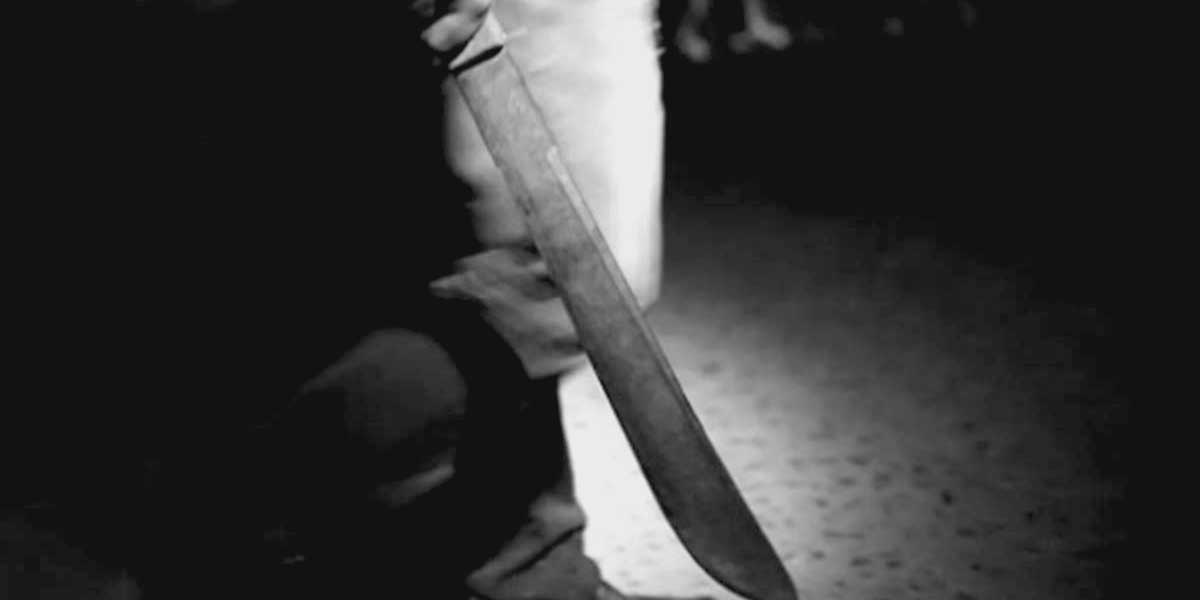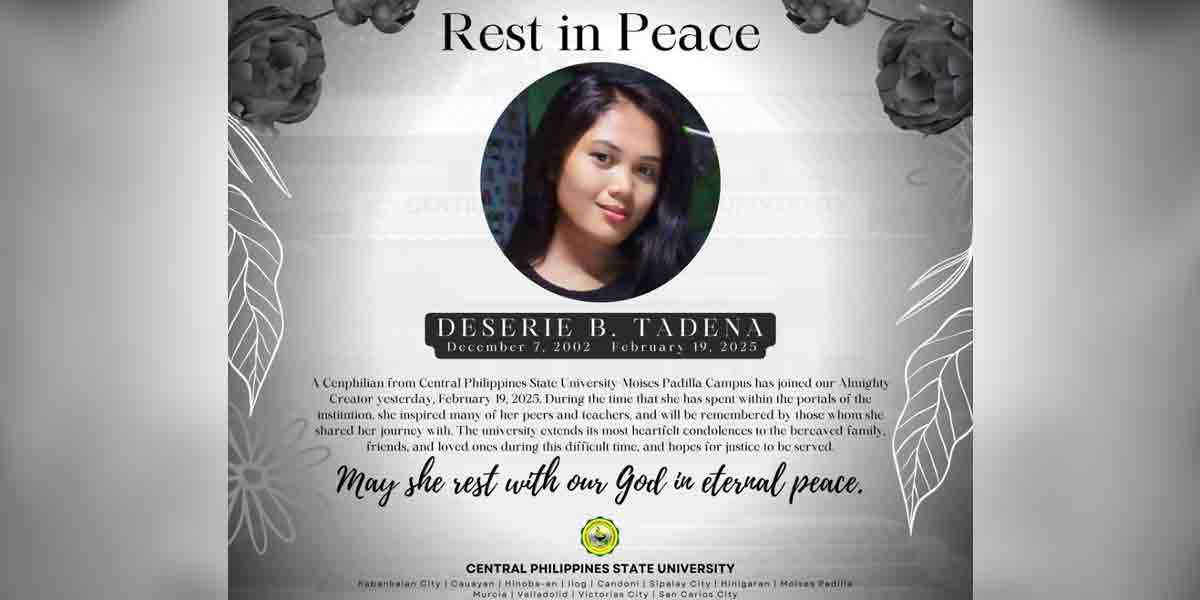By Atty. Eduardo T. Reyes III
“Coffee is life”, this columnist declared, to break the ice during his meeting with some law students who had gathered to map out their strategies in helping bar reviewees prepare for the upcoming bar exams slated this November.
Being a coffee drinker since forever, this columnist likes his coffee black, freshly-ground, and really hot. Against medical advice, he takes 4-5 cups of coffee in a span of 24 hours. Guilt-stricken, this columnist mutters to himself that coffee carried him through the drudgery in law school and now that he is a lawyer, he thinks better with caffeine running through his system. (A confession: while this article is being written, a strong and robust brew of coffee grown from somewhere in Antique wafts through the room).
What is it in the coffee that makes almost every lawyer and law student kind of dependent upon it?
Many would instantly say it’s the caffeine which catalyzes brain activity and keeps you awake. But that could be the subject of debate as experience shows that some people become sleepy after drinking coffee.
Perhaps, to the untutored, coffee’s bitter taste, like whiskey, somehow releases one’s inhibitions that opens up a more spirited round of conversation. Such could be a good reason to partake of coffee especially to the outgoing ones who like being surrounded by a crowd.
But to one who is focused in studying the law, they understand that the law does not have a superficial face which can be peeled off in one sitting. The law is multi-layered. It could have different dimensions, too.
The legal principles are better assimilated when studied one sip at a time for they could be too hot to handle in one go.
Preparing to become a lawyer is akin to brewing a perfect cup of coffee. One has to start with raw ingredients. These must be good raw materials. They could be from local, national, or international sources. They don’t matter. But they have to be fresh- just like the crisp coffee beans that magnet a coffee drinker’s nostrils. One has to be adept in the process of grinding the beans such that it must not be too fine as to slip through the filter nor too crude which could be difficult to brew.
The practice of law is no different. When a case lands in one’s firm, the lawyer must start from scratch. Poring over the files handed in by the client is like smelling the raw coffee beans if they would make for a good cup of coffee. At times, some unwanted particles from the soil could be mixed with the beans and separating them from the “good beans” is also like discarding irrelevant and/ or superfluous pieces of evidence that can break the case.
Coffee cannot be outdated. It has been scientifically tested that when the beans are exposed to too much sunlight- or the coffee itself, after being brewed, is allowed to stay for an inordinate time- it becomes acidic. Lawyers cannot be like this. Acerbic lawyers are frowned upon in legal circles while the acrimonious ones are flirting with contempt of court. Instead, the legal advocate must exude an unassuming confidence when talking and display candor or sincerity just like smooth tasting coffee.
For the connoisseurs, their coffee must congeal its own “smoothie” atop. The barista can draw some art here. So, too, the barristers can put in some of their creativity in the work that they do. Lawyers can also sprinkle some style of their own in the pleadings that they write to put a mark of sorts in their cases.
So, this column submits that coffee and the law blend well together.
A lawyer’s work must be like their coffee: robust, crisp, fresh, and always smooth for the best interest of the client.
As this article reaches its conclusion, it comes with the last gulp of coffee from Legal Harbinger’s coffee cup.
(The author is the senior partner of ET Reyes III & Associates- a law firm based in Iloilo City. He is a litigation attorney, a law professor and a book author. His website is etriiilaw.com).





















